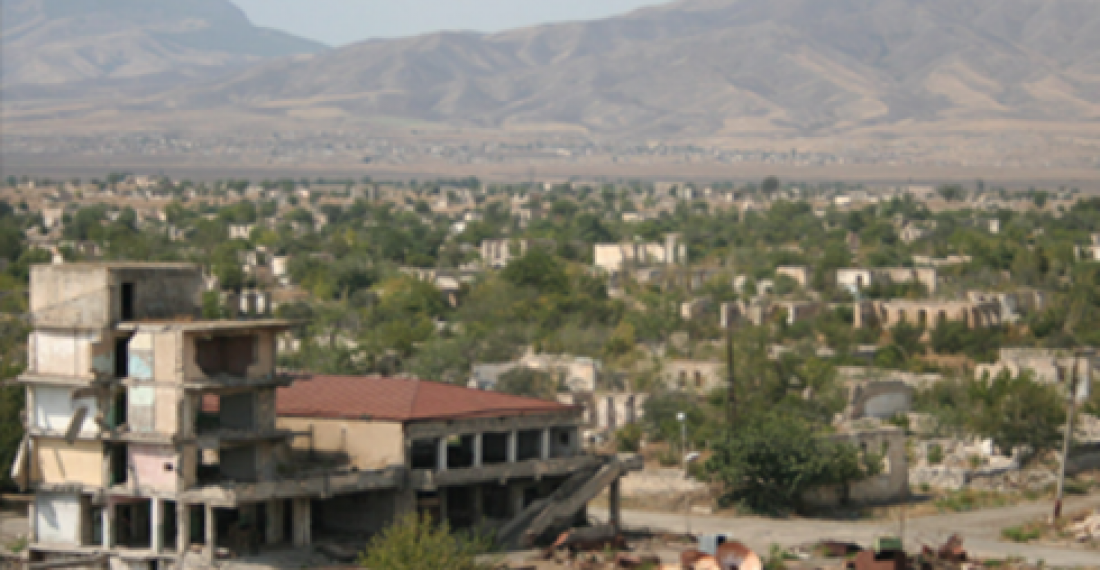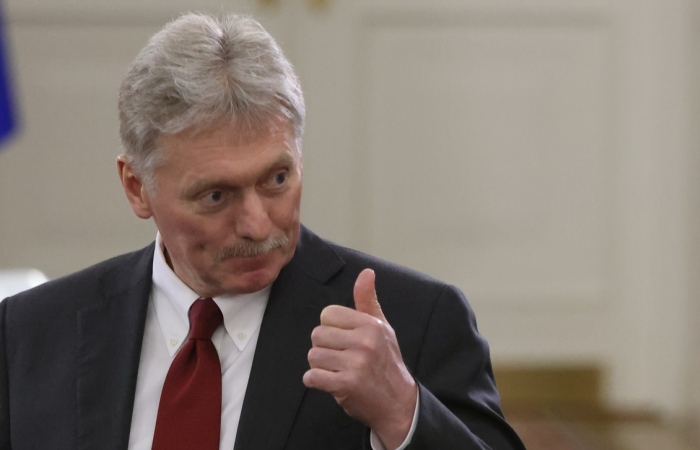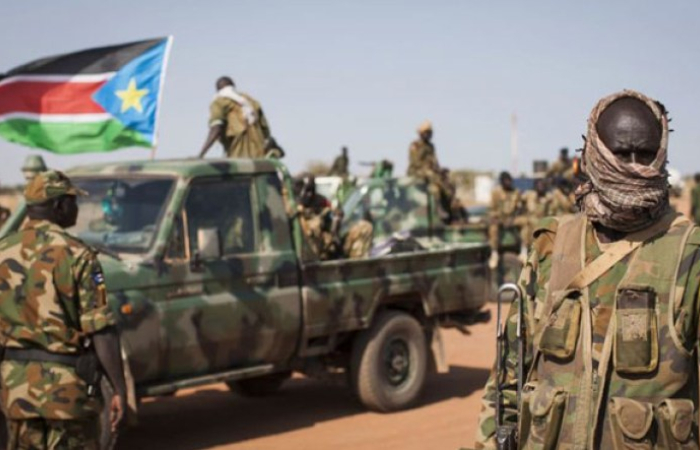Stronger international engagement is needed to help prevent the deadly conflict between Armenia and Azerbaijan from escalating gravely at a time of internal political tensions in both.
In its latest briefing, Armenia and Azerbaijan: A Season of Risks, the International Crisis Group examines possible scenarios for a conflict that could explode at any time. Since peace talks broke down in 2011 over Nagorno-Karabakh - the Azerbaijan enclave seized and occupied by Armenian forces in the fighting that accompanied the break-up of the Soviet Union - arms purchases and war rhetoric have gained momentum on both sides. In this tense situation, exacerbated by domestic political competition, the greatest danger is an accidental war.
The briefing's major findings and recommendations are:
•Since 2011, both sides have vastly augmented their military budgets and developed detailed war contingency plans. There is a real risk that miscalculations, brinkmanship or the increasingly frequent skirmishes in geographically widespread front-line areas could lead to an outbreak of full-scale fighting, pulling in some or all of the regional powers: Russia, Turkey and Iran.
•The coming months pose special challenges, as both countries deal with internal political tensions. In Armenia, opposition groups are planning an autumn of protest. In Azerbaijan, the government fears disorder after the presidential elections - virtually certain to be won by the authoritarian incumbent - in October. Both sides' domestic pressures could limit their efforts to re-invigorate the mediation process or enter direct negotiations.
•Vigilance from international actors, especially the mediators of the Organisation for Security and Cooperation in Europe (OSCE) - namely Russia, the U.S. and France, the co-chairs of its "Minsk Group" - as well as the EU, is needed to prevent an escalation. They should highlight the risks of miscalculation and the huge costs for both sides of any return to open hostilities. Russia, as an influential player in this conflict, should work more decisively towards an agreement and cease supplying arms to both sides.
•A crisis hotline should be re-established between Yerevan and Baku to lessen chances of a military escalation.
"Unrest at home might tempt leaders to deflect attention by raising military tensions or to embark on risky attempts to capitalise on their adversary's troubles", says Lawrence Scott Sheets, Crisis Group's South Caucasus Project Director. "Both sides are given to provocative gestures".
"The immediate effort required of mediators and other supporters of a peace process is modest, yet urgent", says Paul Quinn-Judge, Crisis Group's Europe and Central Asia Program Director. "They need to start talking about the risks of Baku's and Yerevan's ‘in-your-face' approach. Then, both countries need to be brought back to the table before someone decides the time has come to use their expensive new weapons".
You can read the full report in english here
source: International Crisis Group.
International Crisis Group issues new report on Karabakh.
International Crisis Group issues new report on Karabakh.







